Vitamin D3 1000 IU
Vitamin D3 1000 IU
- With 25 micrograms of cholecalciferol
- In the best bioavailable form
- Vitamin D contributes to the maintenance of the immune system
Description

Our vitamin D3 1000 IU
contains 25 micrograms of cholecalciferol, expressed as 1000 IU (International Units), derived from sheep wool fat. Cholecalciferol is the form of vitamin D synthesized by humans in the skin under the influence of (ultraviolet) sunlight. Cholecalciferol is then converted in the body into the metabolite calcidiol (25-hydroxyvitamin D), and subsequently – as needed – into the biologically active hormone calcitriol (1,25-dihydroxyvitamin D).
People at risk of insufficient vitamin D intake are recommended to take vitamin D supplements, such as:
- Young children
- Women aged 50 and over
- Men aged 70 and over
- People with dark skin tones
- Pregnant women
- People who do not get enough outdoor exposure
What is the vitamin D requirement for people?
In healthy, young individuals, sufficient vitamin D is synthesized in the skin under the influence of sunlight. Spending at least half an hour outdoors in the sun between 11 a.m. and 3 p.m. during the summer months leads to adequate vitamin D synthesis, provided the skin is exposed to sunlight. However, in reality, many people work indoors during the day, it is often cloudy during the day, and when people are in the sun, they use sunscreen, which reflects UV light from the sun. Additionally, the sun is not powerful enough to produce vitamin D during the autumn, spring, and winter months.
It can thus be concluded that the majority of the population (in the West) synthesizes insufficient vitamin D throughout the year.
What are the optimal vitamin D blood levels?
An official guideline suggests that the optimal vitamin D level should be 30 nanomoles per liter of blood (nmol/l), and 50 nmol/l for those aged 70 and over. However, there is increasing evidence that these values are on the low side. Nowadays, many vitamin D experts argue that the optimal vitamin D level for everyone should be at least 75 nmol/l.
It is a fact that the vitamin D level in many people decreases to 20 – 50 nmol/l, and sometimes even lower, outside the summer months. Therefore, it is advisable to regularly test the vitamin D level in the blood. Another good piece of advice is to take vitamin D supplements in the form of dietary supplements outside the summer months to maintain the vitamin D level in the blood.
How much vitamin D should one take daily? This is a very good question, to which there is not a simple answer because every person is unique. However, there is a general guideline that can be followed:
For an initial level of 20 nmol/l, a Western adult needs 100 mcg (4000 IU) daily to reach a blood level of 75 nmol/l after a month. For an initial level of 50 nmol/l, a Western adult needs 50 mcg (2000 IU) daily to reach a blood level of 75 nmol/l after a month. After reaching a blood level of 75 nmol/l, a Western adult needs 25 – 50 mcg (1000 – 2000 IU) daily to maintain a blood level of 75 nmol/l.
However, these are general guidelines, and it is recommended to test the vitamin D level in the blood every 3 – 6 months and adjust the daily dosage accordingly.
The science
It is a fact that receptors for vitamin D have been found in more than 30 different types of tissues and organs, including immune cells, muscles, and bones. This means that vitamin D has a broad field of action and supports health in various ways. Recently, much attention has been given to the role of vitamin D in the functioning of the immune system. Almost all cells of the immune system have been found to have receptors for vitamin D, including monocytes, B lymphocytes, T lymphocytes, white blood cells, macrophages, and dendritic cells. Vitamin D receptors have also been found in the epithelial cells of the lungs. This is important because sufficient vitamin D in the blood can induce these cells to produce certain substances called AMPs (Anti-Microbial Peptides). These substances are known for their action against microbes (bacteria, fungi) and viruses.
AMPs play an important role in the defense of the respiratory tract and are abundant in saliva and mucus in the throat and nasal cavities, and the lungs. Their action is based on binding to membranes of invaders, causing damage and death to the organism. In addition, AMPs also possess properties that support the immune system.
Allowed health claims:
- Vitamin D contributes to the maintenance of the immune system
- Vitamin D contributes to the maintenance of normal bones and teeth
- Vitamin D contributes to the maintenance of normal muscles
- Vitamin D plays a role in the process of cell division
Please note
Due to legal restrictions, not all details about this dietary supplement can be provided. However, we are available for further questions at +31 (0)70-345-0290.
Composition
Vitamin D3 contains the following ingredient:
Ingredients
| Composition per capsule (daily dosage): | %RI* | |
|---|---|---|
| Vitamin D3 (Cholecalciferol 1000 IU) | 25 mcg | 500 % |
*RI = Reference intake
Ingredients: Vitamin D3 (Cholecalciferol 1000 IU) 25 mcg.
Other ingredients: Filling agent (extra virgin olive oil), gelling agent (bovine gelatin), humectant (glycerol, water), cholecalciferol.
Guaranteed free from: yeast, sugar, starch, gluten, lactose, soy, artificial flavors, colors, and preservatives.
Use & dosage
Recommended use
| For Who? | Daily Dosage |
|---|---|
| Adults: | 1 capsule per day |
Daily dosage: Adults 1 capsule per day, or as recommended. Preferably take during a meal. Adhere to the (recommended) daily dosage.
Required statement: A dietary supplement is not a substitute for a varied diet. A varied, balanced diet and a healthy lifestyle are important. This product is a dietary supplement (contains vitamins).
Safety
- Consult a professional before using supplements in case of pregnancy, lactation, medication use, and illness.
- This dietary supplement is not suitable for children up to and including ten years of age.
Storage advice
Storage: Store in a dry place at room temperature, and out of reach of small children.


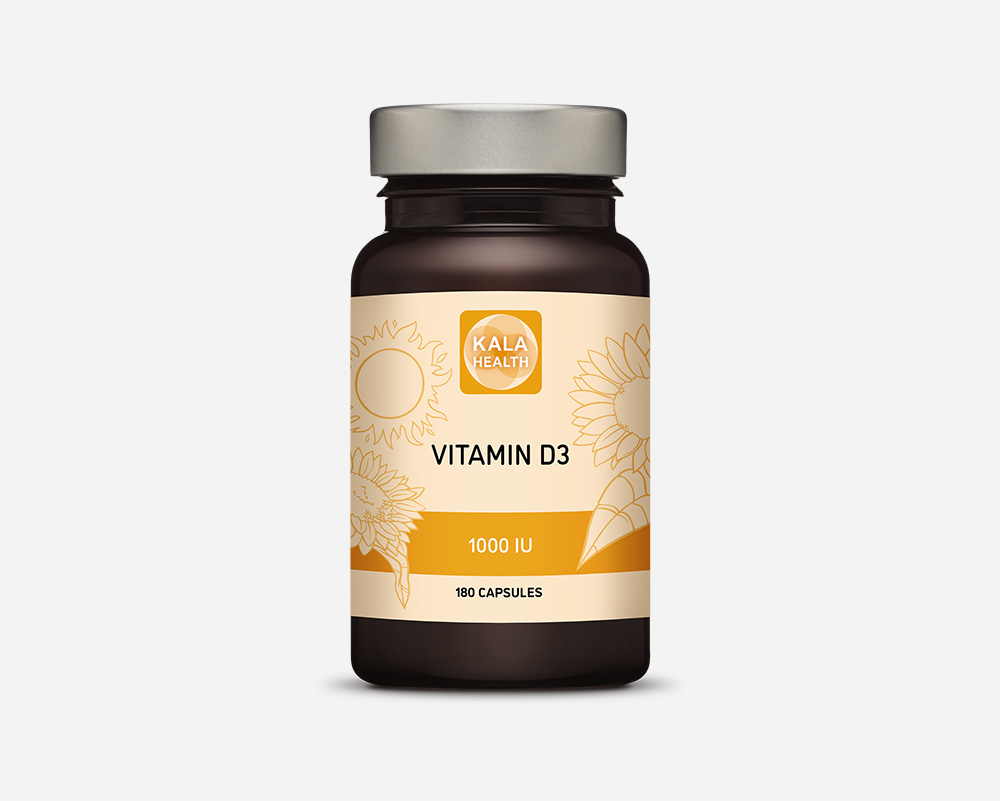
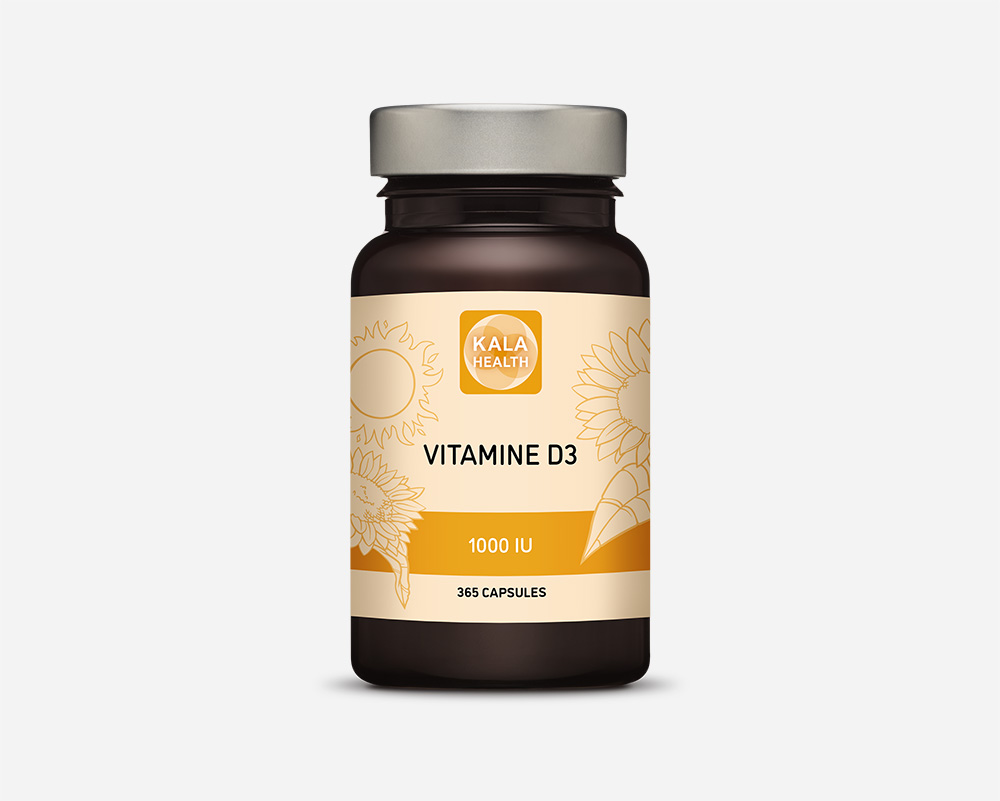




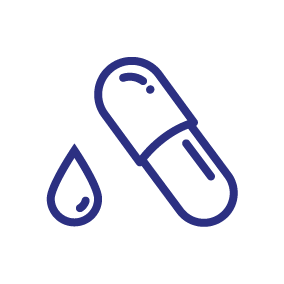 60 or 180 licaps®
60 or 180 licaps®
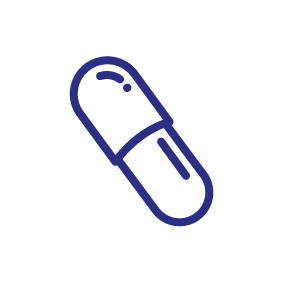 60 or 180 capsules
60 or 180 capsules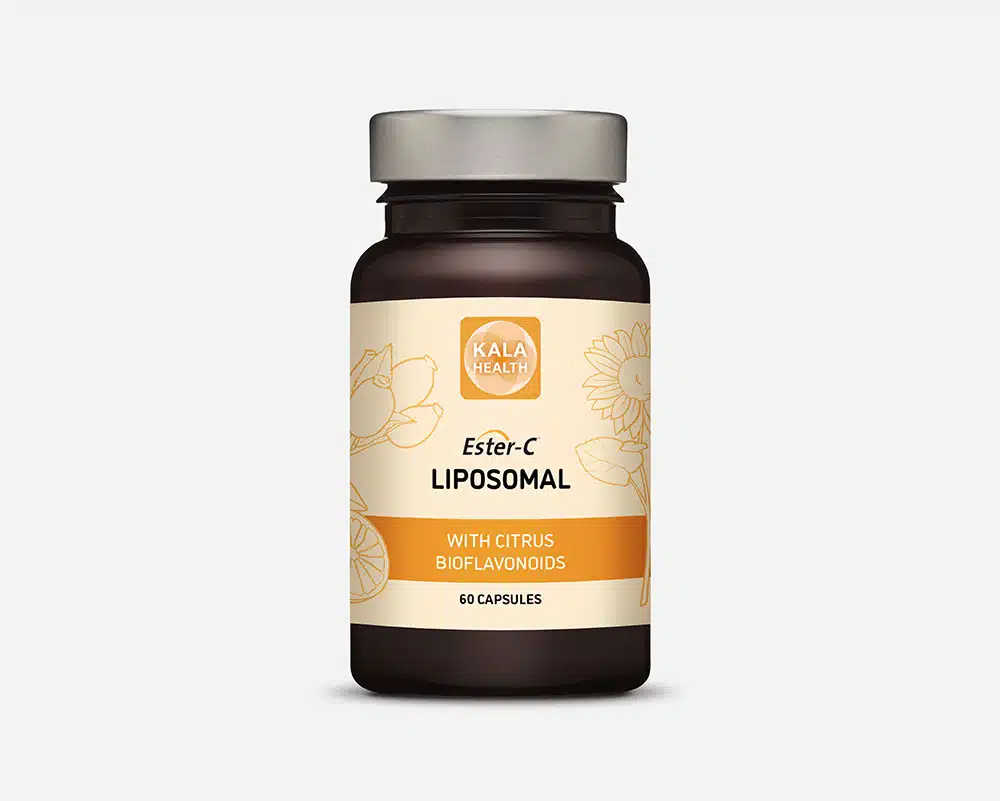

 60 or 180 softgels
60 or 180 softgels